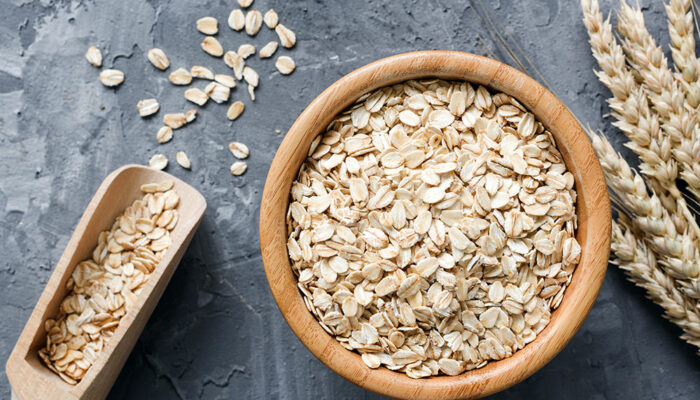
health
Avoid these 7 peeing mistakes for a healthy bladder
Urinating is a routine body function that helps get rid of the waste fluids in the body. Urine generally contains water, urea, creatinine, uric acid, chloride, sodium, potassium, sulfate, ammonium, phosphate, and other ions. Most people urinate around 6–7 times per day. One may not think about it, but there are wrong and right ways to pee, which can help ensure optimal bladder health. Here are seven of the most common peeing mistakes to avoid: Holding it in for too long Holding urine in can sometimes be unavoidable, such as at a concert or on a long drive. However, making a habit out of it can stretch the bladder, causing loss of bladder function and leading to urinary infections. Contrary to popular belief, urine is not sterile. It contains a microbial system. Holding pee in for too long can make one more susceptible to infections as the bacteria multiply. To protect the bladder, it is important to keep drinking enough water and urinating when one feels the urge. Not fully emptying the bladder when peeing Sometimes, when one is in a rush, they may not fully empty their bladder. This stretches the bladder and also increases the risk of infections.
Read More 













